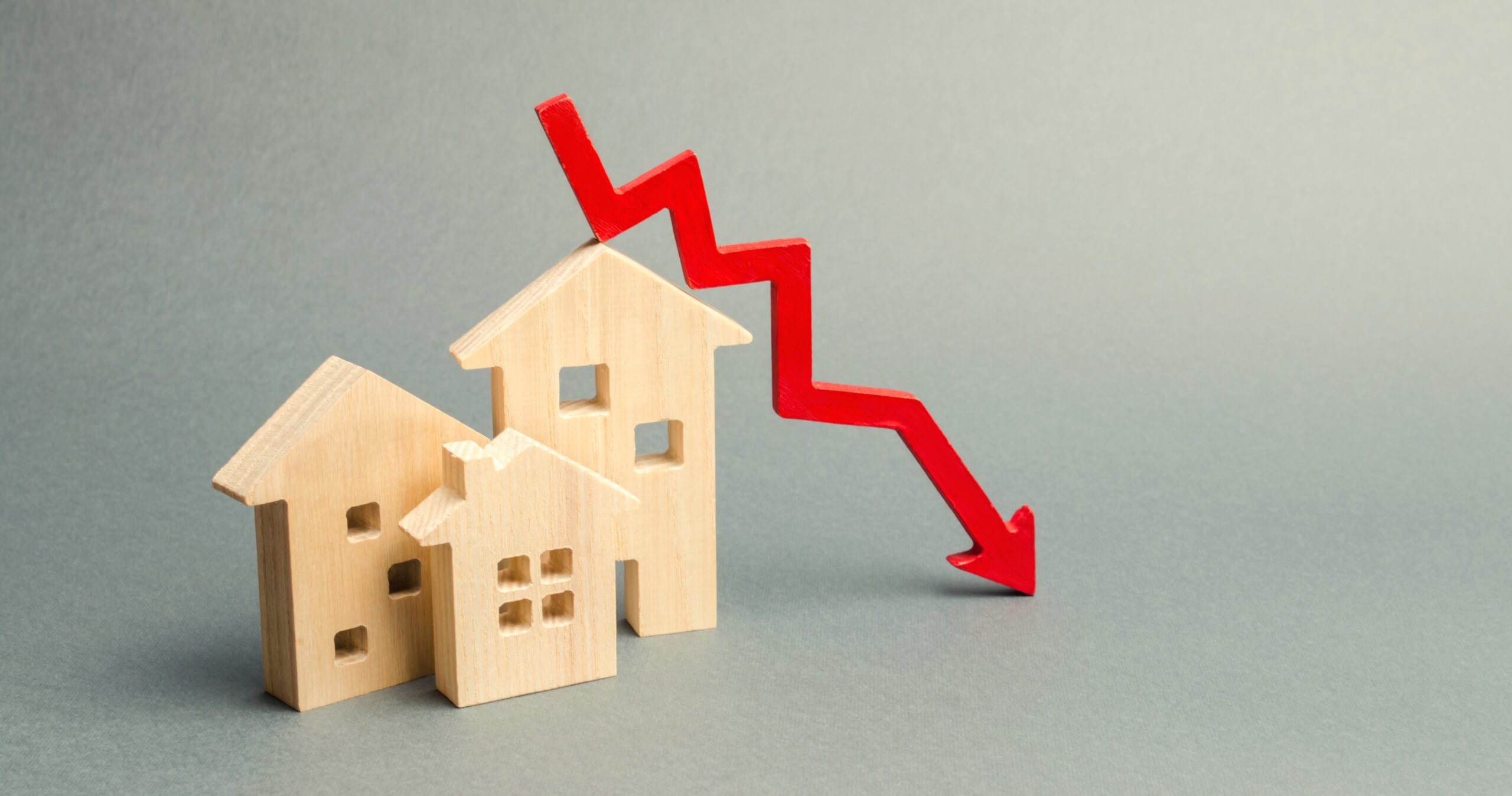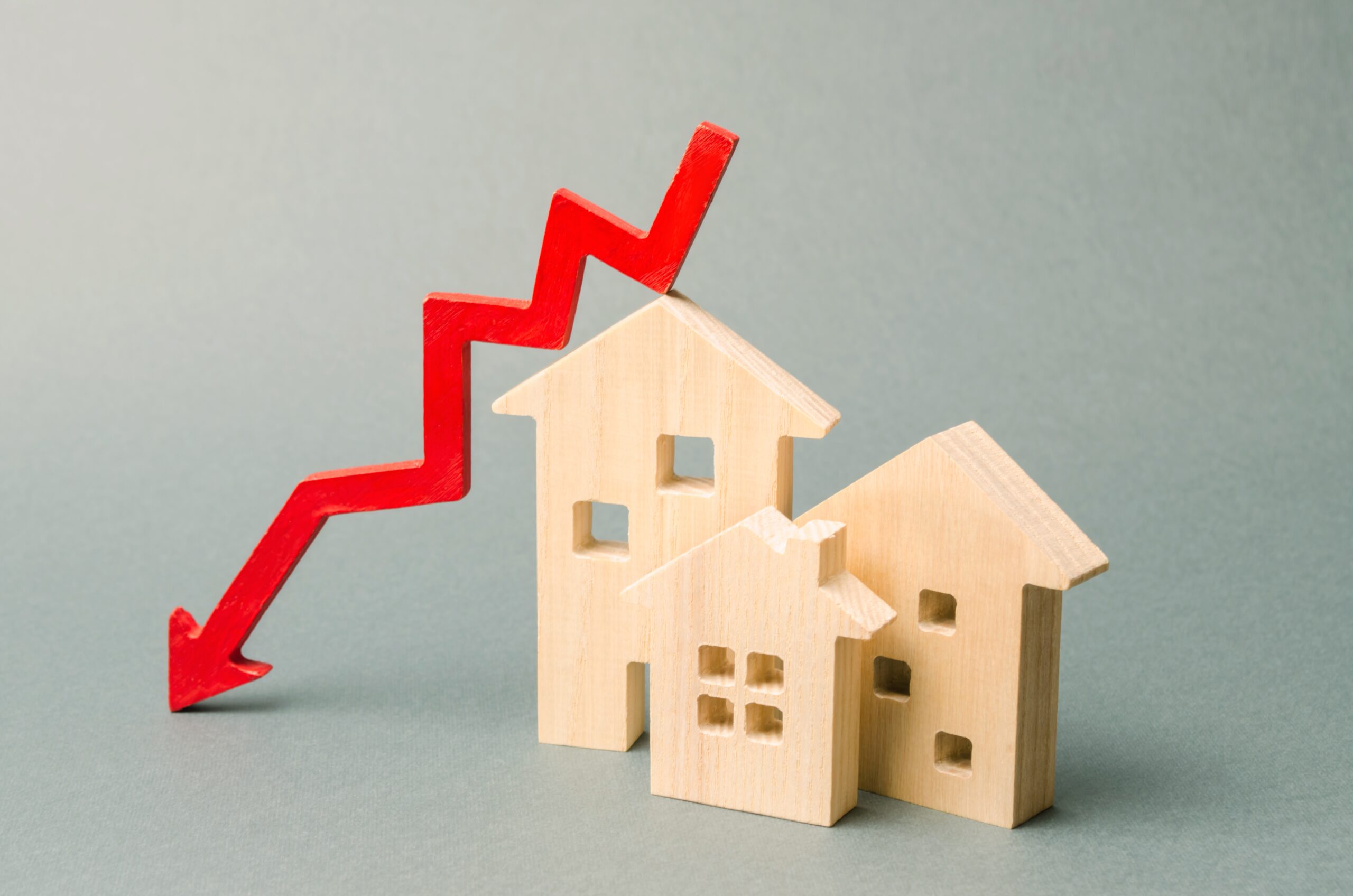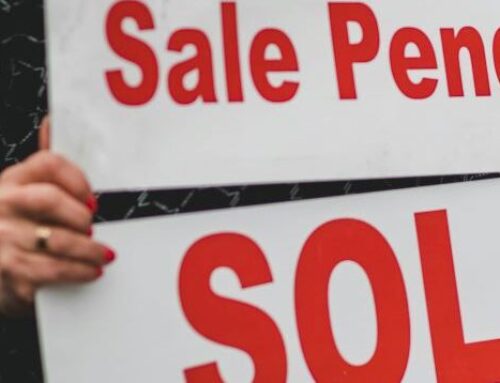Are we in a recession right now? Is a recession on the horizon? These are questions that are looming over the heads of many Americans right now. In the news, there is a lot of discussion about the recession we are possibly in. However, we should understand what a recession really is and how to navigate one. In this article, we will explore the recession fear factors as well as how you can come out on top, even in the most precarious times.
What Is a Recession?
The word “recession” is a media buzzword that gets thrown around, but what does it actually mean? According to the National Bureau of Economic Research (NBER), a recession is a “a significant decline in economic activity that is spread across the economy and that lasts more than a few months.” The variables that they use to measure this include personal income (minus government transfers), employment, forms of consumer spending, and industrial production. However, since this committee depends on US government statistics that are reported, they cannot officially designate a recession until after it begins.
On a global scale, there is no general consensus on what a “recession” is. The World Bank’s main indicator of a worldwide downturn is when several major countries’ economies start to contract at the same time.
Signs of Recession
There are significant signs of a recession, aside from the 24/7 news cycle. Even if you have no control over a recession happening, you can still be mindful of the signs ahead of time. There is no fool-proof way to predict a recession, but there are some tell-tall signs that it is around the corner.
- High unemployment rates
- Cooling of the job market
- Lower consumer spending
- Businesses closing
- Low production of goods and services
- Struggling stock markets

2020 and 2022 Recession
The recession in 2020 was triggered by the COVID-19 pandemic. Ironically, this recession ended one of the longest periods of economic growth in US history. In 2020, unemployment skyrocketed, and businesses and whole industries where forced to temporarily shut down but government mandate. As Americans went into lockdown, retail sales had fell, and the stock market crashed. However, there was an initially recovery that led to several industries getting to pre-pandemic levels. This recession helped to set the stage for the 2022 recession.
Many Americans hoped that post-pandemic, there would be a boom in the economy. However, what we saw instead was inflation and supply chain disruptions and federal interest rate hikes. Consumers are feeling the pressure from the increased costs for everyday goods along with rising credit cards, mortgage, auto loan, and other interest rates. Higher interest rates have prevented companies from borrowing money to invest in innovation and growth.
Recession Fear Factors
The word “recession” strikes fear into the hearts of Americans, especially those who lived through 2008 and now have the pandemic in recent memory. However, descending into a state of total panic and fear is not going to help you now or in the long run. There are ways you can prepare now that will support you during the recession.
- Build An Emergency Fund
- Take stock of what you have on you now – cash on hand, debt (credit cards, loans or student loans) as well as living expenses
- Focus on paying off debts and downsizing where necessary
- Build investments that are hedges against inflation
Hedges Against Inflation
Economic slowdowns are cyclical, which means that more recessions will be in the future. Even if you aren’t prepared for this upcoming recession, there will be more to come down the road. There are several types of investments that are hedges in a time of inflation and recession. Some of these include
- Reliable dividend stocks
- Precious metals like gold
- Real estate
Real estate in particular offers a lot of opportunities for investing even in a recession. The 2008 housing market collapse was rough, however, it did offer a boon of opportunities to real estate investors. Real estate acts as a hedge against inflation when recessions lead to stagflation. Stagflation is marked by high inflation and high unemployment. Additionally, real estate prices tend to keep up along with rising consumer prices. This makes real estate even more of an inflation-proof investment.
Is Real Estate A Good Investment During a Recession?
During a recession, stock portfolios may drop temporarily. Even though downturns are not ideal, they do create opportunities for savvy real estate investors. Whether you already own real estate or are planning on investing in real estate, it is important to have a plan for a recession. Investing in real estate does offer some stability for investors when the economy slows down.
- Low correlation to stocks – Historically, real estate has a low correlation to the stock market. What this means is that even if socks are experiencing increased volatility due to a recession, it will not impact the real estate market as hard.
- Consistent Demand For Housing – There will always be a need for housing. Even during an economic downturn, people will still need places to live. If you are investing in houses or rental properties, you can still count on a stream of income from rent or mortgage.
- Recessions Create Bargains – Sometimes, recessions cause a “hot” housing market to cool off. This can open up opportunities for investors to purchase properties at a discount.
Tips for Real Estate Investing During a Recession
If you are looking into purchasing real estate for investments, there are many routes to take. This is part of the beauty of investing in real estate. Many investors start with purchasing single-family homes, apartment buildings, condos or duplexes/triplexes. While you are looking for investments, it is good to:
- Consider location
- Calculate your cash flow
- Compare financing options
Tax Liens and Tax Deeds
Tax Liens and Tax Deeds are among the There are many different ways to create lucrative opportunities with real estate deals that don’t require you to spend thousands of dollars or put you or your family’s savings and personal credit at risk. Tax Liens & Tax Deeds, and Overage Surplus Recovery are definitely among the top creative real estate acquisitions strategies to know and take advantage of as an investor.
Read the course review, view and download the welcome course, and read Jackie’s guarantee here! Purchase Tax Deed Genius by clicking here: https://thejackiejackson.com/courses/tax-deeds-genius/
About The Jackie Jackson
Jackie Jackson is a Real Estate Coach & Investor, helping investors at all levels create profits and increased cash flow through Tax Deeds & Tax Liens Real Estate Investing. Jackie is the CEO and founder of Tax Deed Genius, the #1 Step by Step National Tax Liens & Tax Deeds, Surplus Overages Training Course for New and Seasoned Real Estate Investors. Learn how to buy properties for pennies on the dollar at deep discounts from local county public auctions.







